What's At Stake In The 2022 Legislative Session
Mississippi Votes Policy & Research TeamDecember 20, 2021
All eyes must be on Mississippi’s upcoming legislative session to ensure our Constitutional rights remain protected. Voting accessibility, Mississippi’s ballot initiative process, reproductive rights and our civil liberties are all at stake in the 2022 legislative session. Controversial proposals that were stalled during the 2021 legislative session will likely be reintroduced but with different language in an effort to have them advanced this time around.
Voting Rights
Legislators have repeatedly attempted to purge voters from the voting roll if they have not participated in previous elections. HB 4, a bill introduced during the 2021 legislative session, intended to remove voters who failed to respond to a notice and failed to vote within a certain period. Although the bill did not pass, this is a tactic of voter suppression intended to make the roll of registered voters smaller on election day. Personal emergencies or unawareness are excuses for missing elections that should not disqualify Mississippians from exercising their right to vote in the future.
Any attempts to purge voters must be met with resistance and pushback. Aimed at communities of color, the shrinking of voting rolls is a slippery slope to handpicking who is provided the franchise. Purges establish another obstacle for voters and County Circuit Clerks, who would be required to issue election notices and report their responses in the middle of election season. These are obstacles our legislators must eliminate, not enhance.
In Mississippi, unless you are disabled, over the age of 65 years old, or away from home on Election Day, the only way for you to vote is in-person. The absence of no-excuse early voting, where a voter does not have to provide an excuse for being unable to vote on Election Day, is holding Mississippi back. The number of Mississippians voting in-person on Election Day creates long lines and forces voters to wait for hours to cast their ballot. Mississippians are unwilling, and often unable, to spend hours of their day waiting in line to vote. Long lines and wait times differ by district, but more often than not, longer lines will be found in communities of color with growing populations. Mississippi needs no-excuse early voting process to limit this issue on Election Day.
Ballot Initiative Process
In 2020, Mississipians voted on ballot initiatives with the results appearing to reveal a progressive streak at first, but all hope has since vanished. Ballot Measure 1, between Initiative 65 and 65A, addressed the legalization of medical marijuana. Ballot Measure 2 focused on removing Mississippi’s Electoral College-like process in statewide elections. Ballot Measure 3 was about changing Mississippi’s state flag. Voters overwhelmingly passed each measure on Election Day, with each one being approved with over 60% of the statewide vote. However, fast forward to May 2021, and the Mississippi Supreme Court struck down the state's entire ballot initiative process over a technicality in the statute's language.
State lawmakers drafted the initiative process in 1992, before the 2000 Census, when the state had five congressional districts compared to its current four. Mississippi’s ballot initiative law states that, “organizers must gather no more than 1/5th of signatures in each congressional district for a ballot measure to be voted on.” Following the 2000 Census, Mississippi lost a congressional seat, making the process invalid and not mathematically possible as there are no longer five congressional districts. Two decades later, and the process was never updated, despite three measures existing on the ballot. Initiative 65’s approval was struck down upon being challenged by Madison Mayor Mary Hawkins Butler, even though the same initiative process was used for all three ballot measures. Butler filed a Mississippi Supreme Court challenge to Initiative 65 and won, invalidating Mississippi’s entire ballot initiative process in the ruling. Lawmakers must ensure that the ballot initiative process is fully restored so that voters can enact legislation themselves when the Mississippi legislature fails to act.
Reproductive Rights
On December 1st, the Supreme Court began hearing Mississippi's 15-week abortion ban law in Dobbs v. Jackson Women's Health. The court is unlikely to rule on the case until Spring 2022. Under Mississippi law, if the Supreme Court does overturn Roe v. Wade, trigger laws that ban all abortions occurring in the state will likely be enacted. In 2022, we must pressure the legislature to ensure abortion rights are protected.
In the 2021 session, lawmakers passed SB 2536, a bill that surrounded women's sports, but included language that was anti-trans and non-binary. It was later signed into law by Gov. Tate Reeves. Around the country, manufactured "trans panic" has begun sweeping headlines. The panic is not organic, but created by lawmakers and bad actors who want to limit the freedoms of trans and queer people for simply existing. The attack on trans and queer rights is an attack on reproductive rights, because it starts with restricting freedoms, and then restricting what someone can do with their body.
In SB 2536, lawmakers are defining people by their "biological sex", and making determinations about people based on their internal and external anatomy, natural testosterone levels, and genetic makeup. Biologists have been saying that sex is not binary; it is on a spectrum. There are many different variations than just XX and XY. Someone can be XXY, XYY, X, XXX, and they will have a variety of internal and external characteristics. Also, looking at someone's natural testosterone levels is not evidence of someone being XY or male. Testerone is not gendered, and it is a hormone our bodies all naturally produce at different levels.
Many self-identifying women have higher natural testosterone levels, yet have the same internal and external anatomy as other XX people or females. In recent years, the natural testosterone levels of Black women have been used to keep them out of sports, particularly in the Olympics. We should not tolerate or accept restrictive laws based on biology as it is dangerous and will target people who do not fit a definite binary.
Civil Liberties & Justice in Policing
Protests around the country took place during the summer of 2020 in response to multiple high-profile instances of police brutality. Legislatures across the country, including Mississippi, have been working to provide police more powers at the expense of our civil liberties. These new capabilities would trample the authority of local governments and their ability to govern their community.
A proposed bill from 2021, HB 116, if passed, would have revoked funding from county governments for reappropriating county funds if they decided to reduce police funding in order to invest in other departments. Another bill proposed, but fortunately failed to pass, SB 2012, would have limited your First Amendment right by attempting to punish people who burn the American flag. The ability to burn the American flag is a form of "symbolic speech" protected by the Constitution and upheld by the Supreme Court in Texas v. Johnson. The most concerning piece of legislation introduced during the 2021 legislative session though was HB 751. In this bill, lawmakers would have again restricted the First Amendment right of Mississippians under the appearance of protecting the state from "looting" and "violent assemblies."
The determination of a demonstration as "unlawful," "violent," or "disorderly" is entirely up to the discretion of the police. HB 751 would have granted law enforcement the ability to act in any way they would like to stop the demonstration. This bill would prohibit people from standing in the street, a historical protesting technique dating back to the Civil Rights movement. During the Civil Rights Movement, peaceful demonstrations were determined by the police to be "disorderly," which gave law enforcement an excuse to use water cannons and dogs on people. The law provides officers complete discretion and authority to determine a crime, but HB 751 would have also provided them with protection whenever deciding to run protests over.
